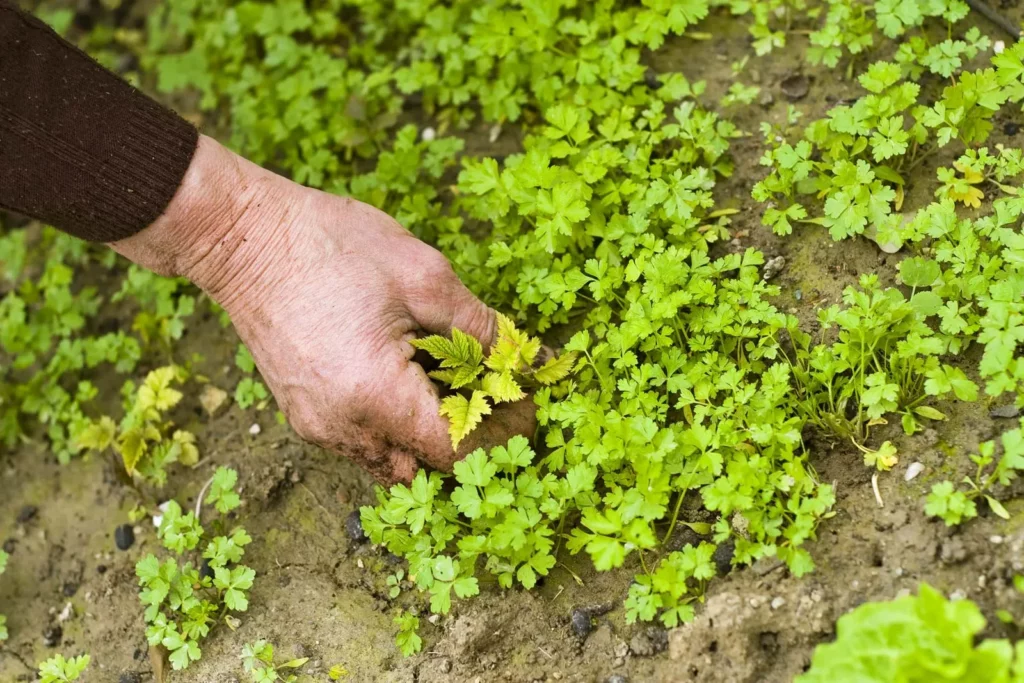During composting operations, weeds are sometimes a concern. We read here and there that they should not be added to the compost pile. However, this idea must be modulated. Here are some explanations…
Contents
Weeds’ in the garden
What we call in common language ‘weeds’ or more politely ‘weeds’ are wild grasses, growing spontaneously in the garden. They are useful because they promote biodiversity, offering shelter and food to many beneficials, they are also bio-indicators of the state and nature of the soil in your garden. However, they are sometimes a nuisance because they are invasive and unsightly in the garden beds and compete with vegetables in the garden. They are therefore pulled out in the best of cases or worse, eliminated with a lot of weed killer, which is catastrophic for the balance of the garden and the pedofauna.
In the first case, they can find a second life in the compost heap but some precautions must be taken.
The problem of weeds in compost
Weeds could not be added to the compost pile, that is the assumption!
The reasons given are that there is a risk of germination in the compost and therefore a high chance of weeds being sown using the same compost.
Of course, if these weeds are added after they have gone to seed and the compost pile does not get hot enough during its decomposition, this risk does exist.
Another concern is that the roots of some weeds, like those of bindweed, grow back at high speed even when reduced to segments… The propagation is therefore never far away and gardeners whose compost heap has been transformed into a bindweed culture are not rare.
How to introduce weeds to the compost heap without risk?
Weeds are plants whose leaves are full of nutrients and minerals that it would be a shame to deprive yourself of in the compost pile. As they decompose, they produce substances that are useful to the organisms involved in the transformation of waste, but they also affect the quality of the future compost. The freshly pulled weeds are generally full of water which allows to balance the compost, to warm it up and thus to accelerate the decomposition process.
So that’s a nice list that proves the value of adding wild plants to compost. Now let’s see how to proceed in order not to risk invading the compost:
Always add plants that have not yet gone to seed;
Avoid tracing and invading weed roots;
Do not introduce any diseased plants, especially if you practice cold composting or vermi-composting;
Tips to get around these points
If you want to add seeded or diseased plants, introduce them in the middle of the pile, and only if the decomposition process is well underway and the temperature inside the compost is above 50°C for several days.
Another possibility: cut off the seed-bearing ends or soak your weeds in very hot water. Keep them like this for 48 hours, normally the seeds should have lost their germinative capacity.


